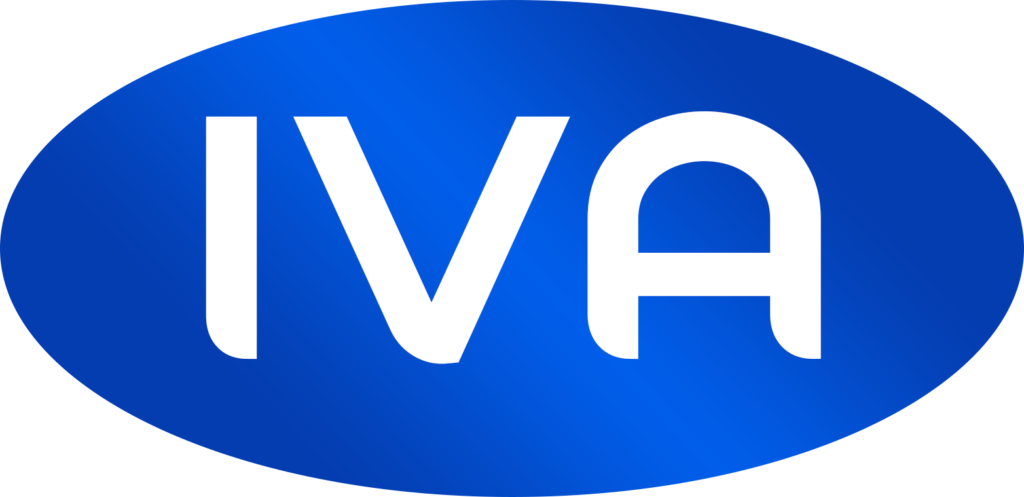Impact of UK Insolvency Law Changes on IVA Applications
For UK citizens facing financial challenges, an Individual Voluntary Arrangement (IVA) offers a structured way to manage debt and avoid bankruptcy. However, recent updates to UK insolvency laws have impacted how IVA applications are processed and managed. Understanding these changes is crucial for anyone considering this debt solution.
At Apply for IVA, we help individuals navigate the evolving landscape of insolvency laws, ensuring you can effectively resolve financial stress and maintain financial stability.
What Is an IVA and How Does It Work?
An IVA is a legally binding agreement between an individual and their creditors to repay unsecured debts over a fixed period, typically five to six years. Once the repayment period is complete, any remaining eligible debt is written off.
Key features of an IVA include:
- A structured repayment plan tailored to your income and expenses.
- Protection from legal action by creditors.
- The ability to retain essential assets like your home and car.
Key Changes in UK Insolvency Laws Affecting IVA Applications
Recent updates to UK insolvency laws have introduced new provisions designed to help individuals manage their finances more effectively. Here’s how these changes affect IVA applications:
1. Increased Focus on Monthly Allowance
The updated laws emphasize the need for a realistic monthly allowance for individuals entering an IVA. This ensures that applicants can maintain a reasonable standard of living while meeting their repayment obligations. Insolvency practitioners (IPs) now assess monthly budgets more thoroughly to ensure financial stability throughout the IVA term.
2. Simplified Application Process
To reduce administrative delays, the government has introduced measures to streamline the IVA application process. This change benefits those facing urgent financial stress, allowing them to resolve debt issues more quickly.
3. Flexibility for Unforeseen Changes
Life is unpredictable, and insolvency laws now allow for greater flexibility in IVA terms when financial circumstances change. Whether it’s job loss, illness, or unexpected expenses, you can renegotiate your repayment plan with the assistance of your IP.
4. Support for Pensioners and Retirees
New provisions ensure that pensioners and retirees have access to fair debt solutions. Income from pensions is now considered carefully in IVA calculations, allowing for manageable repayment terms.
5. Stronger Protections Against Bankruptcy
For individuals considering an IVA as an alternative to bankruptcy, the updated laws provide stronger protections against creditor actions. This makes an IVA a more attractive option for those seeking to resolve financial stress without losing their assets.
How These Changes Help UK Citizens Maintain Financial Stability
The updated insolvency laws aim to provide better financial outcomes for individuals entering an IVA. These changes help UK citizens by:
- Encouraging fair and sustainable repayment plans.
- Protecting essential assets like homes and cars.
- Reducing the risk of IVA failure due to unrealistic budgeting.
- Offering tailored solutions for different demographics, including pensioners.
By incorporating these changes, IVAs have become a more viable and accessible option for resolving debt issues while maintaining financial stability.
Why Choose an IVA Over Bankruptcy?
For those struggling with debt, choosing between an IVA and bankruptcy can be challenging. Here’s why an IVA may be the better option:
How Apply for IVA Can Help
At Apply for IVA, we specialize in helping individuals navigate the complexities of IVA applications under the new insolvency laws. Our experienced team offers personalized advice to ensure you make informed decisions about your financial future.
We’ll assist you in:
- Assessing your eligibility for an IVA.
- Preparing a realistic budget that includes a sustainable monthly allowance.
- Negotiating with creditors to secure a manageable repayment plan.
Take Control of Your Finances Today
If you’re struggling with debt and want to understand how the new insolvency laws impact IVA applications, we’re here to help. Visit Apply for IVA to learn more about how we can guide you toward financial stability and peace of mind.







